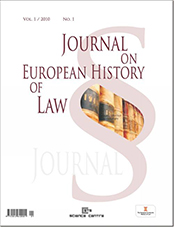

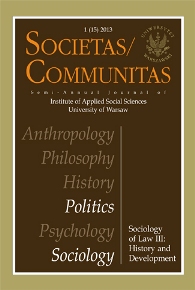
Keywords: law; death penalty; crime rate; sense of safety; totalitarian government; democratization; ideology
The author analyzes complex relations between law (mainly criminal law), ideology and politics in Poland. Poland offers interesting insight into situations in which multiple transformations of law take place - first when Poland regained independence in 1918 after partition between 3 neighboring states, secondly - after World War II when communist system was introduced from outside, and finally - after deep political and economic regime transformation in 1989. Thus Poland provides a good testing ground for Adam Podgórecki's hypothesis of the three-tier operation of law. Podgórecki posited that the operation of law depends on three factors: the social, political and economic system; group subculture; and personality type. In the paper special attention is devoted to the transformation from a totalitarian system into a democracy after 1989 as accompanied by shift in philosophy of punishment, changes of crime rates and level of sense of safety and social attitudes towards punishments. Attitudes towards capital punishment in Poland served as special example of complex relation between politics, ideology and law.
More...
Keywords: Harmonisation; European Contract Law; Private Law; Common Sales Law; Consumer Acquis
This paper deals with the harmonisation of European Contract Law from a gradual point of view. The main objective is to show the different academic and official steps carried out in this field. The so called Commission on European Contract Law under the leadership of Professor Ole Lando was the starting point in 1982. Some international research teams set up by European scholars and lawyers have been devoted to this aim for two decades. Time and effort have been made in the academic level to get a serious advance on bringing closer contractual national rules. This bottom-up approach met a stronger support in the last years although the European Parliament had “requested” the creation of a European Civil Code already in 1989. The momentous time comes in 2010 with a Green Paper from the European Commission on policy options for progress towards a European Contract Law for consumers and businesses. This Green Paper opened a public consultation period in 2011 and afterwards an expert group was appointed to draft a feasibility study for a future Instrument in European Contract Law. After all, a Proposal for a Regulation of the European Parliament and of the Council on a Common European Sales Law was adopted in October 2011 arising not few doubts, worries and misgivings from different points of view. This will be not the last step in this process.
More...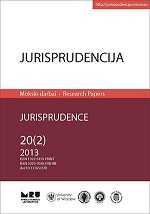
Keywords: the Court of Justice of the European Union; case law; judge-made law; legal sources; interpretation; further law-making
The article is dedicated to determine de iure and de facto binding force of the case law of the Court of Justice of the European Union (hereinafter the ECJ) and its place in the system of legal sources in Latvia. The author concludes that the case law of the ECJ consists of legally important statements, which are included in judgements of the ECJ, namely, of an interpretation of legal norms, made by the ECJ, and of judge-made law norms, which the ECJ has found in legal system by use of a further law-making. Therefore, it follows from the above that the case law of the ECJ is regarded as binding independent addition legal source in Latvia. This publication concerns not only Latvia, but also other European Union (hereinafter the EU) member states of the continental Europe or Romano-Germanic legal system.
More...
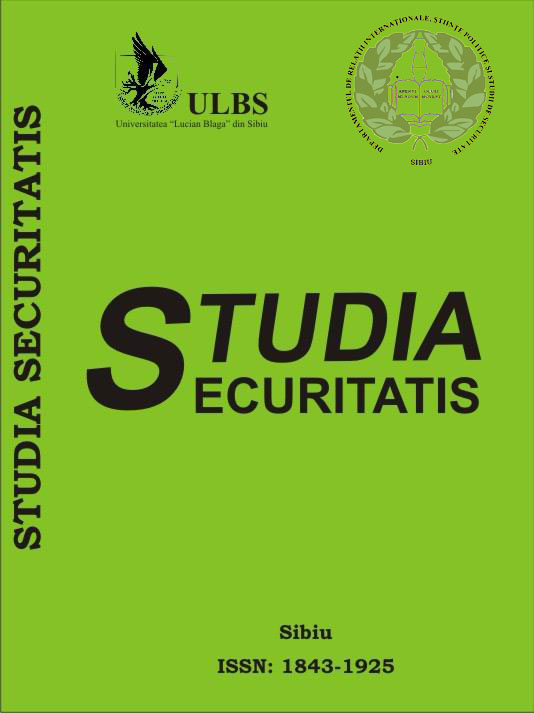
Keywords: Public international law Union European law refugees migrants humanitarian protection European security
What we are witnessing today in Europe and especially within the European Union, is a general confusion generated by waves of migrants and possible risks to the security of the EU and its Member States. The confusion is alsocaused by the lack of adequate policies and strategies and a major absence ofpredictability, but also by incorrect approaches of situations caused by thehuge number of people emigrating to Europe, especially to Western Europe,willing to settle here in a veritable exodus. Nevertheless, the genuine refugeesare only a small part of these people. Public international law brings underregulation the protection of refugees by establishing a legal status for them inthe Convention Relating to the Status of Refugees, adopted by the UNO in 1951.Unfortunately, international law has few provisions related to the protection ofmigrant persons, other than refugees. We believe that a fair approach to thestatus of refugees, as it is established by international treaties, is necessary inorder to properly distinguish genuine refugees from other categories ofmigrants and thus to determine the obligations of European states (not only)concerning the refugees and what can the states do in order to protect thevictims of certain special situations, such as armed conflicts, difficult economiclife, natural disasters etc.
More...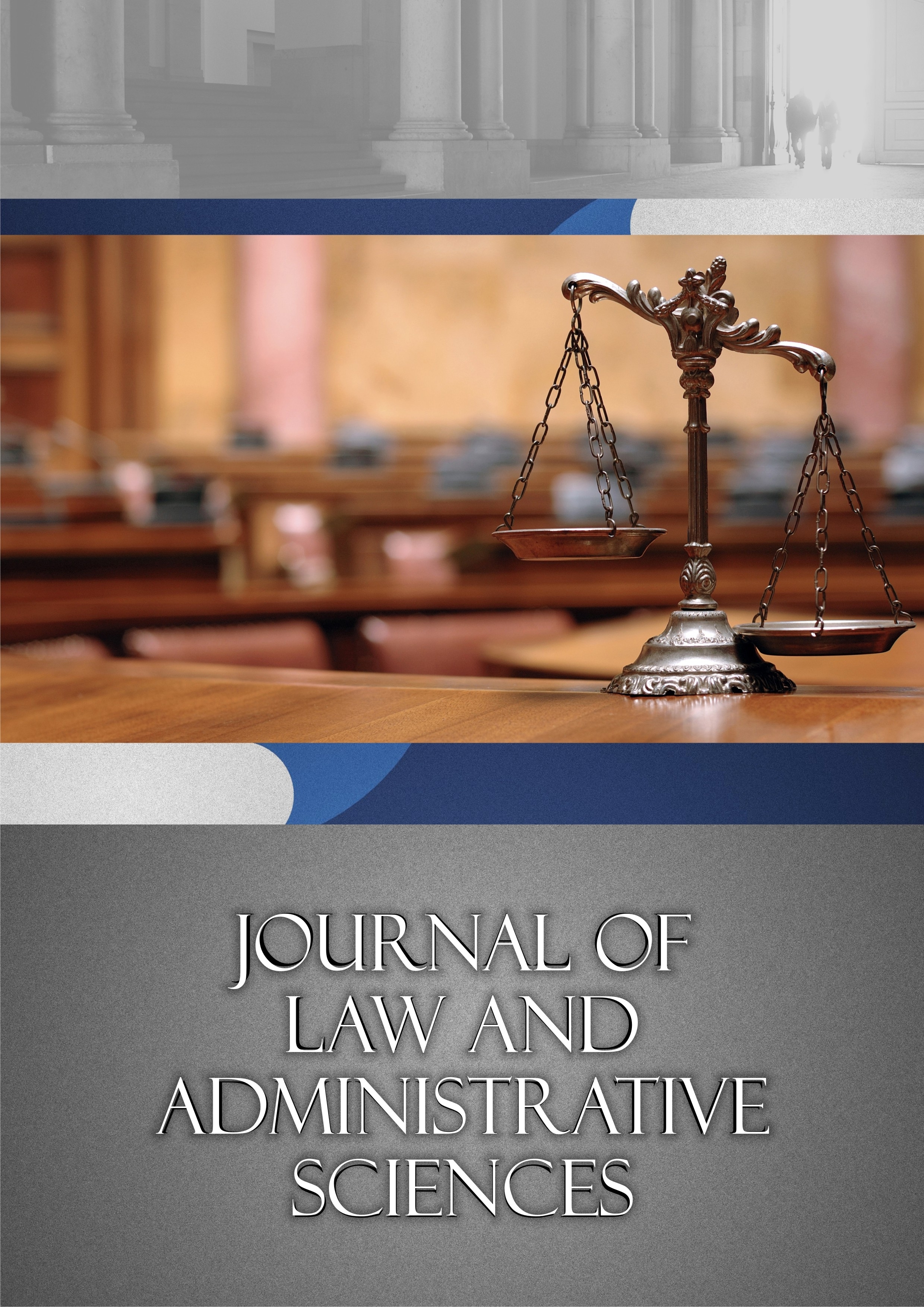
Keywords: continuity; discontinuity; European Union law; Roman law; the legal system
The phenomena of continuity and discontinuity have a great importance for any science and by default to the science of law in the sense that a legal system is proving effective or ineffective depending on how it handles issues of continuity and discontinuity at the level of legislation. Regarding continuity in matters of law, the Romans knew very well to create a very efficient legal system, on which a large part of modern law relies. A series of important legal institutions of today have their origins in the Roman law, jurists establishing ever since some rules which have acquired undeniable continuity even to the present. A thorough study of continuity-discontinuity relationship as a general rule for the evolution of law is justified by the actuality of the topic, both from the point of view of post-totalitarian evolution of the Central and Eastern European countries as well as from the perspective of their European integration. As for the second aspect, we should start from the premise that the European Union once extended does not cope for the first time with the difficulties of continuity - discontinuity alternation because of this expansion. Throughout history, Europe was confronted with such alternation in legal terms as well and the experience that it has acquired can be used in the continuous process of European Union’s expansion.
More...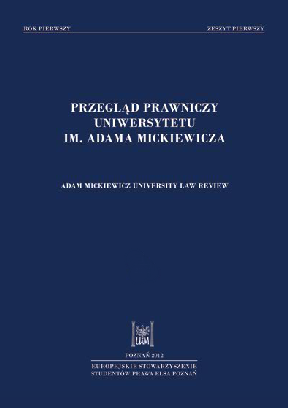
Keywords: European Union; company law;
The application of European company law by domestic courts entails prior interpretation of EU legislation. Firstly, the manner of interpretation of European company law is affected by both the specific nature of European company law and l’acquis communautaire. Secondly, interpretation methods are subject to the principle of uniform interpretation, which aims to safeguard uniform understanding and application of l’acquis EU-wide. Thirdly, when undertaking pro-European interpretation one must (i) have regard to all domestic methods of interpretation, (ii) in line with the blanket ban on contra legem interpretation, and (iii) bear in mind the purpose and wording of a directive serving as a point of reference for pro-European interpretation, as far as possible.
More...Keywords: EU law; fragmentation of international law; self-contained regimes
The fragmentation of international law has led to the emergence of specialized and (quasi) autonomous legal regimes – the “self-contained regimes” or special regimes. This article aims to investigate the degree to which European Union law could be a potential candidate for a “selfcontained regime” and questions the relationship between this special regime and general international law. The methodological approach consists in providing a critical analysis of the Report on Fragmentation of International Law of the International Law Commission, concluded in 2006 and the ECJ case law in order to identify and explain pro et contra arguments regarding the following assertion: although EU law is not totally decoupled from general principles of international law, the new legal order of the EU has taken a historical turn towards selfcontainedness. Embracing the European legal perspective, this inquiry will advocate a presumption in favor of the self-contained character of the EU legal order, based on the EU sui generis modus operandi, the establishment of its own constitutional legal order, accommodating its own norms, techniques and features of modern law-making within its sphere of application, albeit the possible fallback on general international state responsibility and countermeasures mechanisms in case the mechanisms inherent in the EU system fail.
More...
Keywords: the European Union; autonomy; customs law
The autonomy of the customs law means that it is independent of other legal branches and can freely establish own legal institutions, it has independence and self-reliance with regard to other branches of a legal system. Customs law regulations have features of the public law as they have own system of law sources at the European Union level. They reflect the role of a state in establishing foreign trade turnover. They are included in the broader meaning of a state’s participation in the economy, which constitutes a subject of public commercial law regulations and they concern the obligation of incurring specific payments to the benefit of a public entity (state, the European Union) in a form of customs and taxes related with importing or exporting goods abroad.
More...
Keywords: Principle of primacy of European Union law; principle of Constitution’s supremacy; binding nature of European Union’s legal standards; review of constitutionality of European Union’s legal acts
The relation between constitutional rules and European Union Law is construed differently, as there are several doctrinaire concepts and different case-law solutions. There is a school of thought claiming the Constitution’s supremacy, including over European Union law, albeit it accepts the latter’s enforcement priority in its compulsory rules over all the other rules of national law, and another one claiming the unconditional enforceability priority of all provisions in European Union law over all rules of national law, including over constitutional rules. There are European constitutional jurisdictions to have set out they have the legal power to conduct the review of constitutionality of European Union law, incorporated into national legal order, by virtue of the principle of the Basic Law’s supremacy. This study addresses the interferences between the principle of primacy of European Union law and the principle of Constitution’s supremacy with regard to doctrine and case-law pertinent to the matter.
More...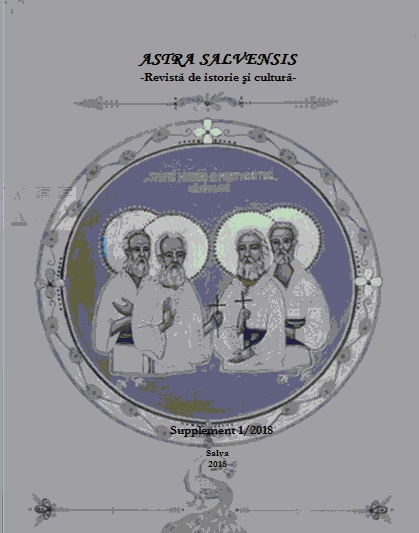
Keywords: International organizations; national legal systems; international law; Constitution; implementation; the European Union law;
The article deals with the study of legal mechanisms of the European Union. The author compares the legal mechanism of the European Union with the national legal systems of European Union’s Member States. The article says that the legal mechanism for interaction of EU law with national legal systems is more effective, since it not only facilitates their convergence, but also ensures the unification of legal regulation, harmonization of legal systems, and their balance within the relevant legal area.
More...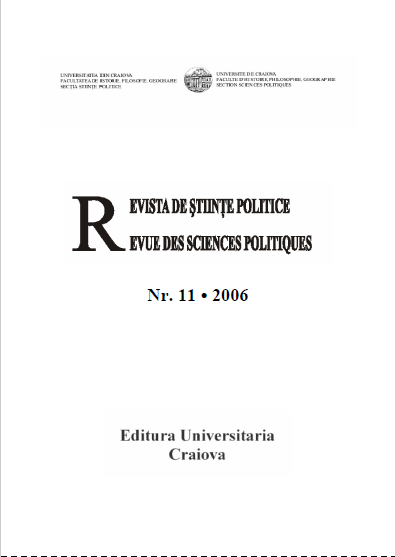
Keywords: European States legislations; Community law;
Cet article est une approche théorique du rapport entre les normes du droit communautaire et celles des législations nationales. On discute les opinions générales concernant le rapport droit international-droit national (les théories monistes et dualistes), les particularités du droit communautaire, son application directe et immédiate et sa priorité dans les états membres de l'UE.
More...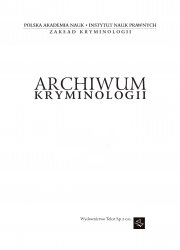
Keywords: victims;criminal justice;England;Wales;international penal law
More...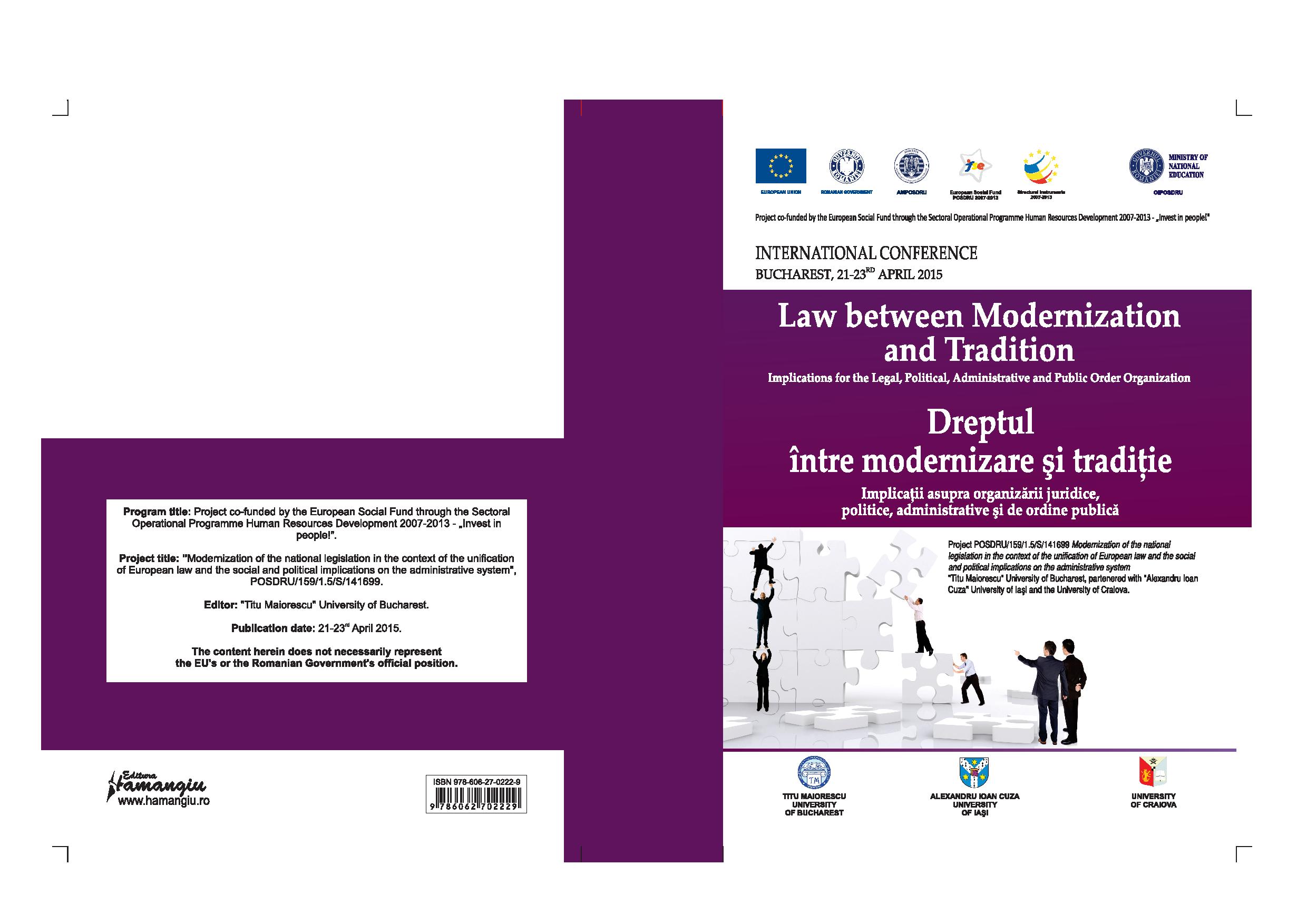
Keywords: money laundering; terrorism; legislative harmonization; subsidiarity; proportionality;
Expansion and internationalization in the last decades of financial crime, where the first places are occupied by money laundering and corruption, frequently linked to organized crime, have become an obvious threat orientated against the state, the human rights, equity and justice. It clearly requires adapting our domestic legislation in accordance with international exigencies in the field of preventing and combating money laundering.
More...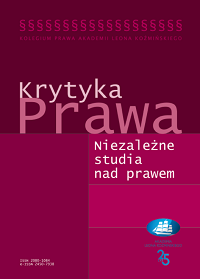
Keywords: climate change; Paris Agreement; legislative package “Clean Energy For All Europeans”; decarbonisation of economy; energy mix
Climate change is one of the key civilisational issues. This change is caused bygreenhouse gas emission. Stopping this change requires multidirectional actionson a global scale, primarily limiting the combustion of fossil fuels. What reachestowards these needs is the proposals of the international community, which aredetermined in the protocol of 15 December 2015 (called the Paris Agreement). Thelegal framework for the strategy of implementing it in the European Union andthe member states is formulated by the legislative package “Clean Energy For AllEuropeans”. The directions and terms of developing the economy pose particularchallenges for Poland which plans to maintainthe significant role of coal in theenergy industry for decades.Government documents show that the government of the Republic of Polandwill not decide on the spectacular decarbonisation of the economy. It cannot be obligatedto do it, either, due to the treaty conditions. However, the future of the coalenergy industry seems prejudged. This results from the development directionsof European economic-legal instruments which serve the direct (determining bindingemission standards and environmental quality standards) and indirect (throughinfluencing the prices of greenhouse gas emission allowances) rationing of theactivity of entities from the energy sector in the environment.
More...Keywords: voluntary withdrawal from the EU; Article 50 TEU; Withdrawal Agreement; EU law; EU citizenship; external relations of the State withdrawing from the EU
This article provides analysis of the most prominent legal issues arising as a consequence of a voluntary withdrawal of a Member State from the European Union pursuant to Article 50 TEU. Particular attention is given to the aspects which have not been explicitly regulated, as well as to those that remain unclear due to the complex wording of Article 50 TEU. Following the introduction, the first section focuses on the termination of application of EU law. The second section provides a more detailed insight into the consequences of the voluntary withdrawal on the issues related to the EU citizenship. The next section elaborates on the legal framework for establishing relations between the withdrawing state and the EU under international law. Finally, the last section of the paper analyzes the consequences for the position of the withdrawing state vis-à-vis international organizations and under international law in general.
More...
Keywords: European arrest warrant; handing over of prisoners; requested person; pre-trial detention; conditions;
In the Romanian and European doctrine, taking into account the definition given by the European legislator in the normative act itself, the Framework “Decision no. 2002/584/JHA, the European arrest warrant was defined in a similar manner as the legislator did”.Thus, one jurisprudential decision states that: “from a legal point of view, the European arrest warrant is defined as a court decision issued by the competent judicial authority of an EU Member State, in order for another state to arrest and hand over a person who is wanted in order to stand for prosecution, trial or the execution of a custodial sentence or a security measure” (European Court of Justice, 2016).
More...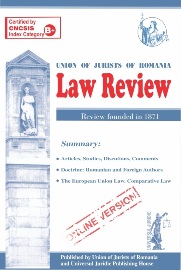
Keywords: infringement; administrative practices; principle of priority of EU law;
This article aims to present the particularities of the administrative practices as an infringement of the law of the European Union. Even if the failure to the transpose a directive within the deadline is the most common kind of infringement, administrative practices contrary to the law of European Union can also lead to an action for a declaration for failure to fulfil obligations. First of all, we will analyse the relationship between the law of the European Union and the national Law, in order to highlight the principle of primacy of the law of the European Union. Secondly, we will refer to the action for a declaration for failure to fulfil obligations, by generally presenting the principle types of infringement of the law of the European Union. Last but not least, we will analyse the features of the administrative practices as an infringement of the law of the European Union, by focusing on the main case law of the Court of Justice of the European Union.
More...